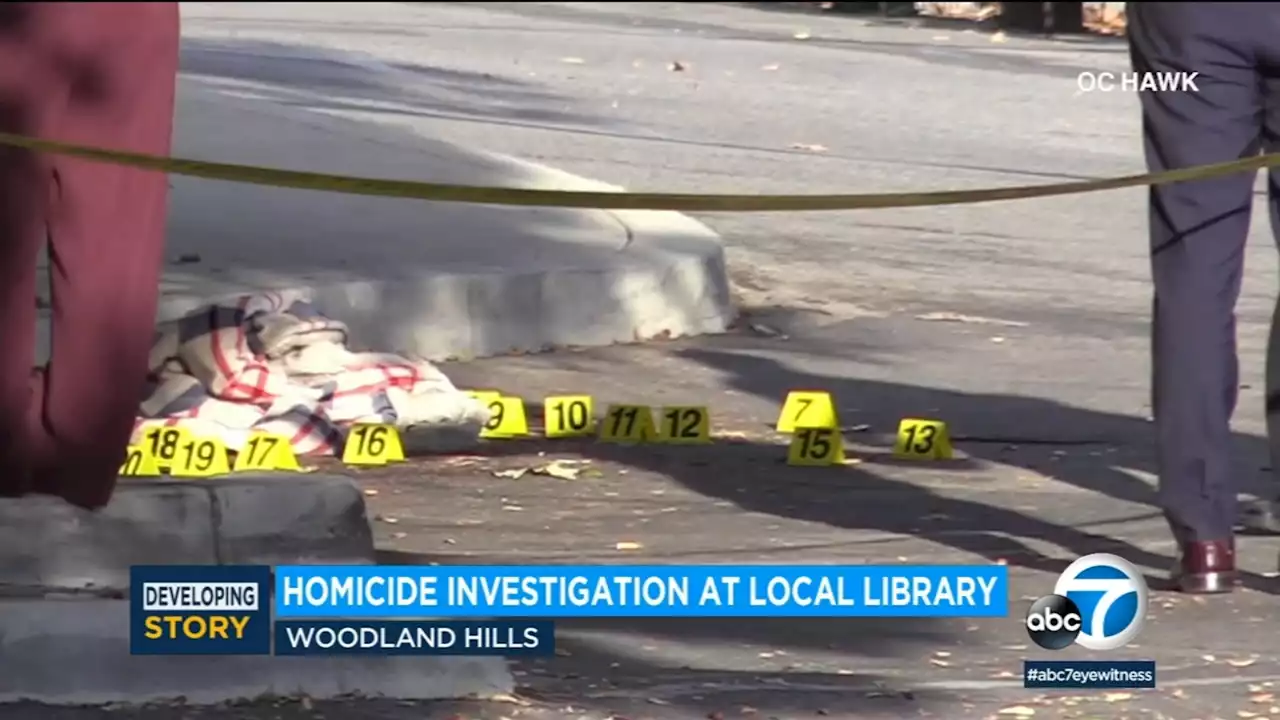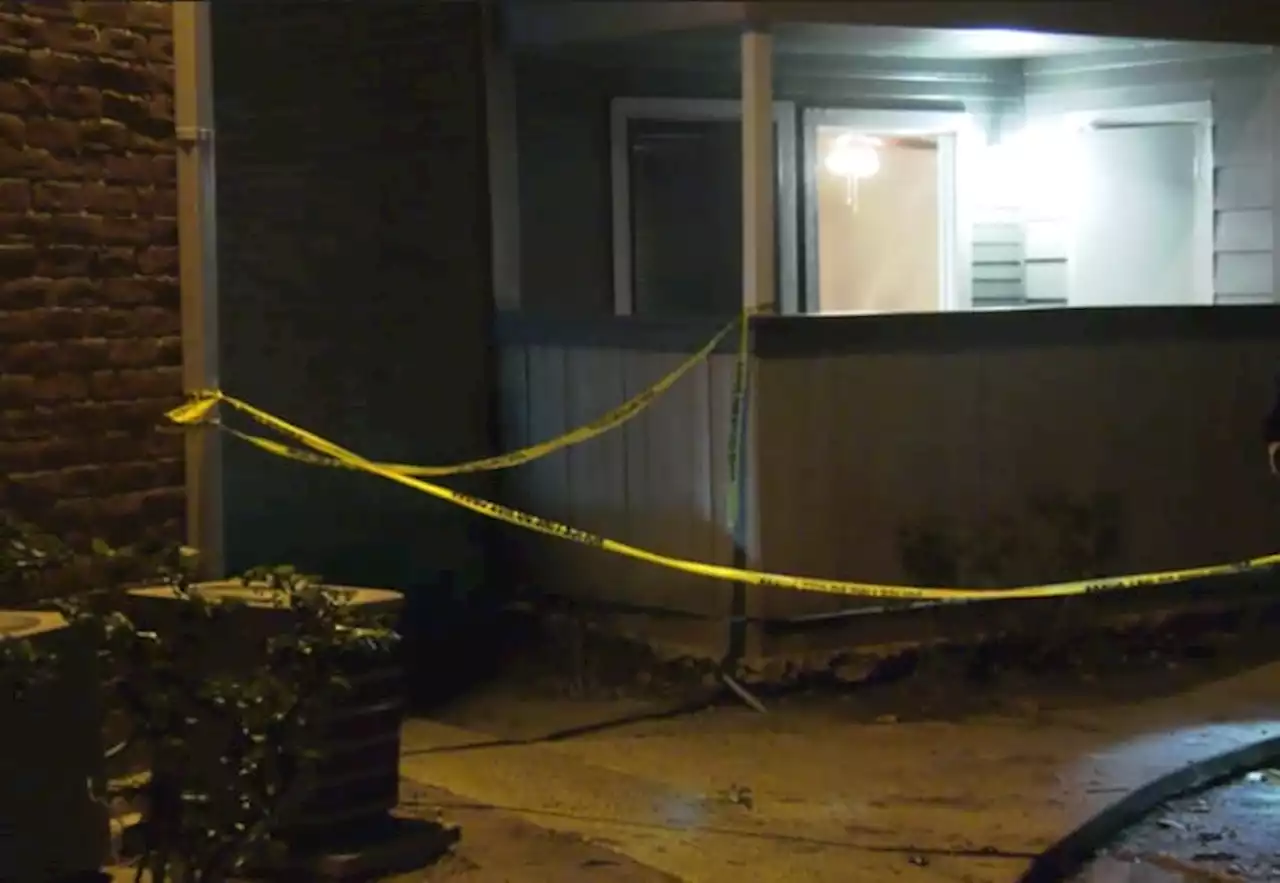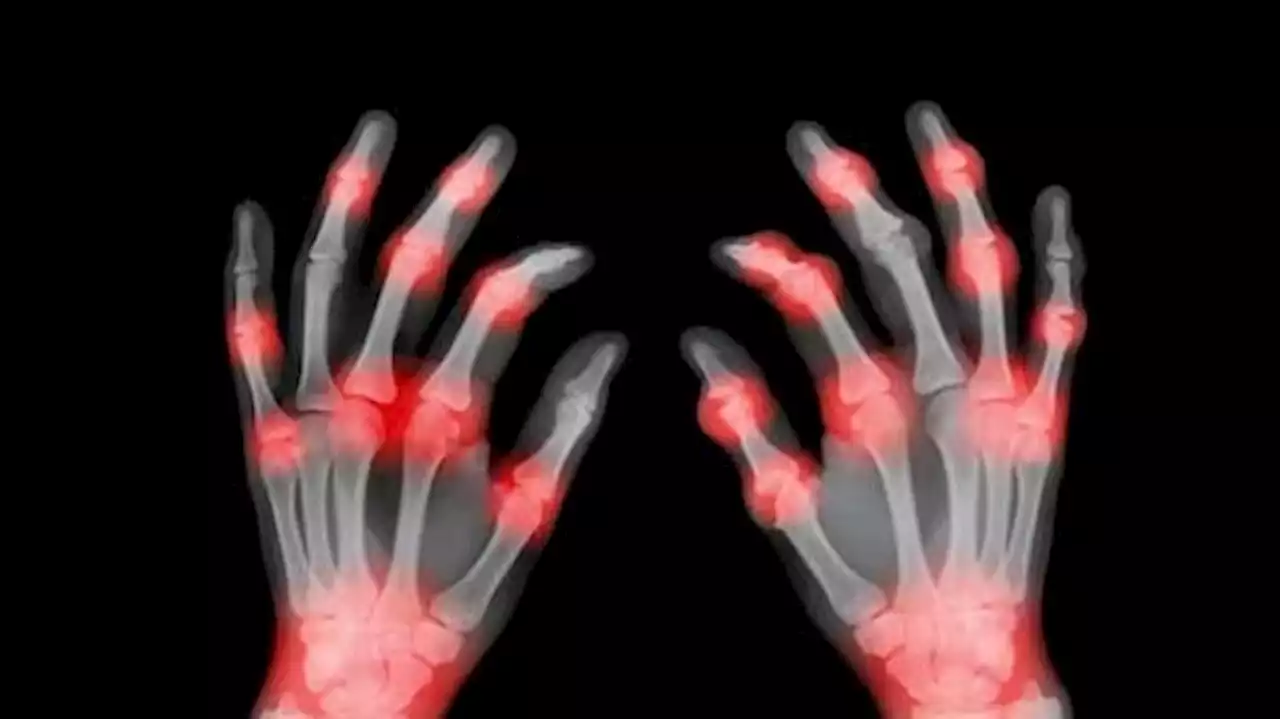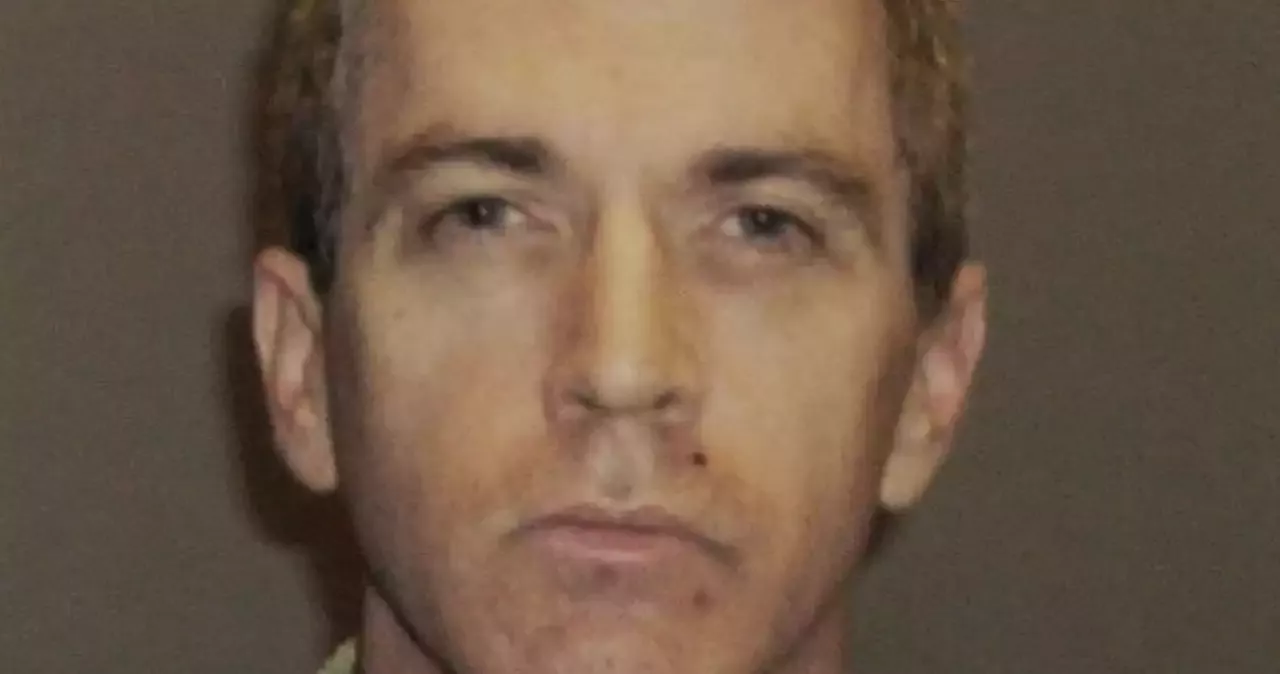In April 2007, New York Magazine published “The Tainted Kidney,” by Charles Graeber, which told the story of nurse turned serial killer Charles Cullen.
Magazine published “The Tainted Kidney,” by Charles Graeber, which told the story of nurse turned serial killer Charles Cullen. Cullen’s story has now been fictionalized inThe Angel of Death looks sleepy. His face shows nothing. His eyes are closed. Charles Cullen sits motionless in the wooden defendant’s chair of the Somerset County Courthouse as, hour after hour, his victims’ families take the stand. They read poems and show photographs, they weep and yell.
“Charles!” cries a round woman in a lime-green pantsuit. Her body shakes in rage and grief; her hands grip a photograph of her 38-year-old son, a picture taken before Charles Cullen stopped his heart. She is screaming. “Charles, why don’t you look up at me, huh? What are you, asleep?” Exactly how many patients he murdered, we will never know: His memory of his crimes, he says, “is foggy,” and he drank heavily to make it foggier. He worked graveyard shifts in intensive-care units, largely unsupervised in a dark punctuated only by the beeps and breaths of medical machines. Many of the medical charts are missing or incomplete; the dead are now dust.
Cullen studied the scrawled medical charts, the arrhythmic EKGs, the final flatlines, and the blood work afterward—the primary investigator in the search for his own victims. There were new charts nearly every week, boxes of them, covering sixteen years of death at nine hospitals.
Normally, these filters would have been removing toxins from Ernie’s blood; now they were like a sink clogged with hair. Ernie’s body began to bloat with its own poisons, swelling his hands and face and turning his urine the color of cocoa. By the time he saw a doctor, his kidneys were dead. Untreated, he’d be next. Doctors could filter Ernie’s blood three times a week with dialysis, but this was a stopgap measure; what Ernie really needed was a new kidney.
The thing about miracles, you can’t really predict what form they might take. They might come from anyone, even the serial killer who had knocked up her daughter. “The questions seemed to really hurt his feelings,” Reverend Roney says. “But that was okay. I needed to know his heart.” Every equinox, Reverend Roney and like-minded Celtic Christians spend a week at a Druid spiritual retreat in Pennsylvania. It’s a profound time for her, a time of dancing around bonfires and meditating before icons and spirit-voyaging through unbounded acres of blond American farmland. Every morning, she’d walk the hard earth between the corn stubble, reciting her prayers, feeling the ancient wisdom, looking for a sign. It was then that she felt the vibration.
Roney would have loved to have seen the look on Ernie Peckham’s face when Pat told him the news. But Pat wasn’t going to tell her son, not for a while, and she certainly wouldn’t tell him the name of the donor. As sick as Ernie was, Pat was sure Ernie wouldn’t accept a kidney if he learned it came from Charles Cullen.
He tells me about the afternoon when Reverend Roney came to his cell, excited to tell him that he was an “excellent match” for Ernie Peckham. Cullen was happy, but his years in jail had taught him that nothing would ever be simple. “The match means the donation will happen—it’s meant to happen,” Roney told him. “Yeah,” Cullen responded. “Well, I hope the courts think that.”
The New Jersey office of the Public Defender is two stories of red brick with handicapped spaces and shrub landscaping and 300-pound women in nightgown-size Tweety Bird T-shirts smoking menthols by the double glass doors. In the offices upstairs, there are families in sweatpants waiting under fluorescent lights and a hole in the Plexiglas where you can announce yourself by sticking your mouth in and yelling politely.
Mask was told that the donation was possible only after Cullen was sentenced. That was supposed to happen by December 2005, but a month later, two counties still hadn’t even finished their investigations. “That’s why on January 10, Charlie stopped cooperating with the prosecution, saying ‘Sentence me now.’ ” By breaking his plea agreement, Cullen seemed to be risking the death penalty for the donation, but really it was a tactical move by Mask. “It forced their hand.
“I don’t know what’s true now. We thought it would happen in January. Stony Brook keeps giving us new dates—they’re saying April now; before, it was March. And Charlie’s getting more aggravated every day. I think [allowing the] donation was always just a big dangling carrot to get Charlie to jump.” It was the only reason Cullen agreed to appear at the sentencing in New Jersey. Mask was still working toward the donation, but he’d bet Roney a dinner it would never happen.
In a legal sense, sentencing Cullen for his Pennsylvania crimes is perfunctory—he won’t be finished serving his New Jersey sentence until the year 2347—but for the families of patients Cullen killed here, today’s sentencing is their only chance to confront the Angel of Death with their memories and their anger. It’s also an opportunity for Cullen, a final shot at showing the world that he is, as he claims, a killer with compassion.
They pull a spit mask over his head—a mesh veil that keeps a prisoner from hawking loogies on his captors—but the noise continues. They wrap the spit mask with a towel and screw it behind his head and now Cullen sounds like a man screaming into a pillow. The families of the victims try to read. “You are a total waste of a human body.” “You are the worst kind of monster, a son of the devil.” But soon the sergeant’s hands begin to cramp, and chorus by chorus, Cullen’s voice gets clearer.
After the scene at Allentown, Cullen’s kidney was simply too hot to handle. Roney would call the D.A.’s office, which told her to call the New Jersey Department of Corrections, who’d tell her to call the hospital. Months passed with no answers, no schedule, no deadline. If the donation was going to proceed, there were state and private institutions to coordinate, insurances to interface.
After Allentown, his final sentencing, Cullen was shackled in the back of a windowless van. He was met at the Trenton prison by guards in riot gear. They strip-searched him, gave him prison clothes, and led him to the psych ward, where they took the clothes away and strip-searched him for a second time. He was handed a disposable gown like medical patients wear, but it was made from the stuff they wrap around new TV sets, and he was put into a padded room for a 72-hour observation period.
Cullen is indignant at a system that he said was willing to sacrifice an Ernie Peckham to punish a Charles Cullen. Saving a relative stranger’s life is undoubtedly heroic—wouldOf course, heroic compassion is easier to talk about than mass murder. I can admire Cullen for the one and hate him for the other, but I have no idea how to connect the two—they seemed to be the actions of two very different men.
Cullen is looking at the table but not looking at it. I don’t know what he sees. “But, if you’re asking, when I was asked to donate a kidney, I felt that I did what I would normally do, in any circumstance. To be helpful. It was something that I could do. It was something that was needed. I was asked to do it, and it’s possible. And I felt compelled to, because I could do it and I was asked to.”
The guards came again in the morning. They were taking him downstairs; they didn’t say why. He was instructed to respond only to direct questions. He was told that Charles Cullen was not his name. His name was now Jonny Quest. The doctor called him Mr. Quest. It was a security measure, but also someone’s idea of a joke. Cullen thought it was funny. “It could have been worse,” he said later. “Saddam Hussein or something.
United States Latest News, United States Headlines
Similar News:You can also read news stories similar to this one that we have collected from other news sources.
 1 person arrested after woman's body was found behind library in Woodland HillsOne person has been arrested after a woman's body was found with severe injuries behind a library in Woodland Hills.
1 person arrested after woman's body was found behind library in Woodland HillsOne person has been arrested after a woman's body was found with severe injuries behind a library in Woodland Hills.
Read more »
 Man found dead with gunshot wound to the face behind SE Houston apartment complexAn investigation is underway after a man was shot and killed behind an apartment building in southeast Houston early Sunday, according to Houston Police.
Man found dead with gunshot wound to the face behind SE Houston apartment complexAn investigation is underway after a man was shot and killed behind an apartment building in southeast Houston early Sunday, according to Houston Police.
Read more »
 Confident GOP unifies behind candidates once seen as riskyATKINSON, N.H. (AP) — New Hampshire’s Republican governor described Don Bolduc as a “conspiracy theory extremist” just two months ago. But now, a week before Election Day, Gov.
Confident GOP unifies behind candidates once seen as riskyATKINSON, N.H. (AP) — New Hampshire’s Republican governor described Don Bolduc as a “conspiracy theory extremist” just two months ago. But now, a week before Election Day, Gov.
Read more »
 Inside Minute Maid's exclusive Diamond Club behind home plateHouston Astros VIPs like Tilman Fertitta, Craig Biggio and Trae tha Truth enjoy big perks inside the Diamond Club at Minute Maid Park. Here's a look at what happens in the exclusive seats behind home plate.
Inside Minute Maid's exclusive Diamond Club behind home plateHouston Astros VIPs like Tilman Fertitta, Craig Biggio and Trae tha Truth enjoy big perks inside the Diamond Club at Minute Maid Park. Here's a look at what happens in the exclusive seats behind home plate.
Read more »
 Willow: Disney+ Sequel Series Cast Shares Behind-the-Scenes LooksWith the Lucasfilm & DisneyPlus sequel series hitting the streaming service on November 30th, here are some behind-the-scenes looks at Willow. / WarwickDavis WillowUfgood
Willow: Disney+ Sequel Series Cast Shares Behind-the-Scenes LooksWith the Lucasfilm & DisneyPlus sequel series hitting the streaming service on November 30th, here are some behind-the-scenes looks at Willow. / WarwickDavis WillowUfgood
Read more »
 Newly discovered species of bacteria in microbiome may be culprit behind rheumatoid arthritisA new species of bacteria that doesn’t normally live in the gut may trigger an immune response so strong that it spreads to the joints.
Newly discovered species of bacteria in microbiome may be culprit behind rheumatoid arthritisA new species of bacteria that doesn’t normally live in the gut may trigger an immune response so strong that it spreads to the joints.
Read more »
